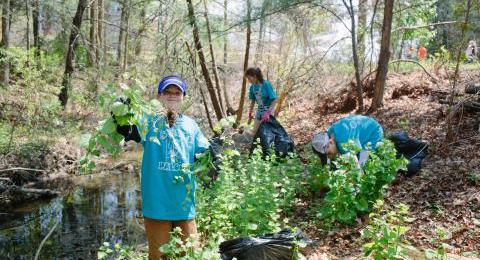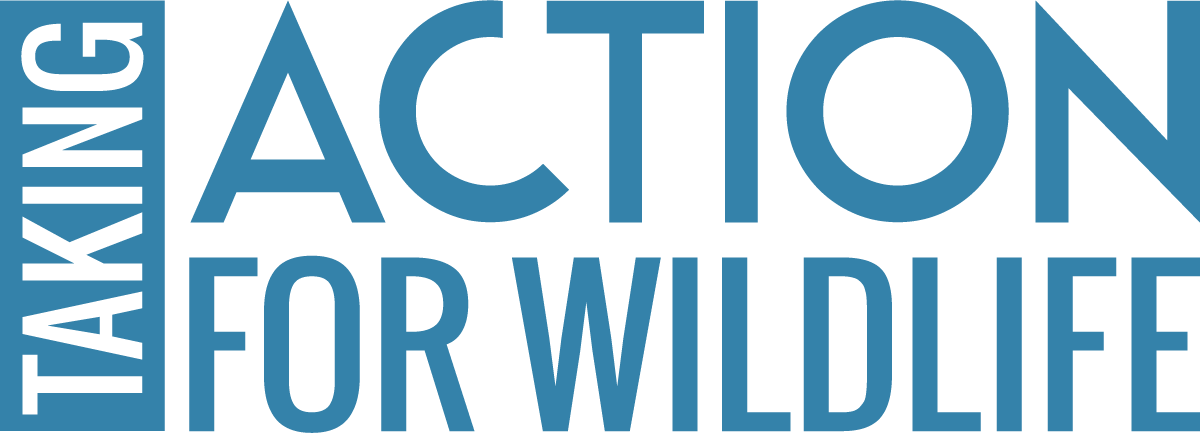
Engaging youth in conservation commission activities can create meaningful and lasting connections. Get started by reaching out to your local school or teacher and don’t feel like you need a fully fledged plan. Suggest project ideas that can be simple to start. Some projects that other towns have done with students and youth groups include: making plant ID stakes and bird houses for conservation land; planting trees for Arbor Day; cleaning up trails and trail maintenance; Making maps of trails; removing invasive species; creating educational brochures and kiosks; photo contests; citizen science projects.
The best school-community projects create excitement and should provide something to look forward to. Make sure you establish mutual benefits together. The process and the final outcome have to benefit all involved parties in meaningful ways. Look for parents or other teachers when recruiting volunteers. It is important to have enough relevant talented volunteers to make your project a success. Share the good work and get the word out; use the press and social media to tell others about your project. Finally, reflect and celebrate your success with everyone involved. Make events fun for all ages host a picnic or gathering to celebrate a completed project.
Tips for Conservation Commissioners who want to work with schools:
- Reach out to science department heads, science coordinators, or elementary school principals within schools and districts when making your first contact.
- Have a few possible topics and/or projects in mind that are important to your town.
- Start your conversation with teachers in the spring (March-April) for the following year, summer is a time to recharge and fall can be very busy.
- Reach out to all your connections and resources within the state and your community, you never know what people will be willing to give you, let you borrow, and help with.
- Be prepared to help provide real science expertise that can support the science knowledge of both teachers and students throughout the project (either directly or through finding others that are qualified).

